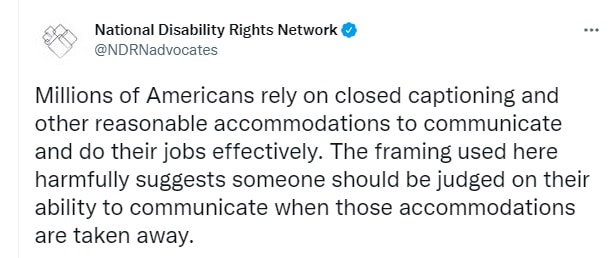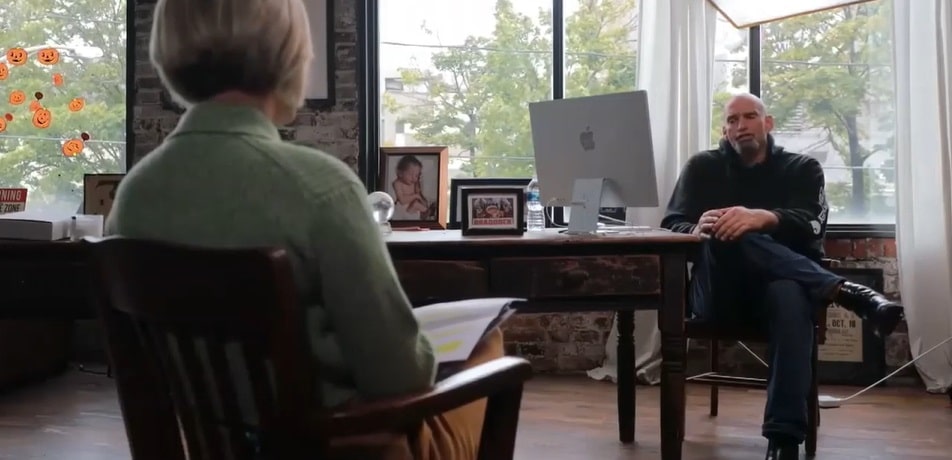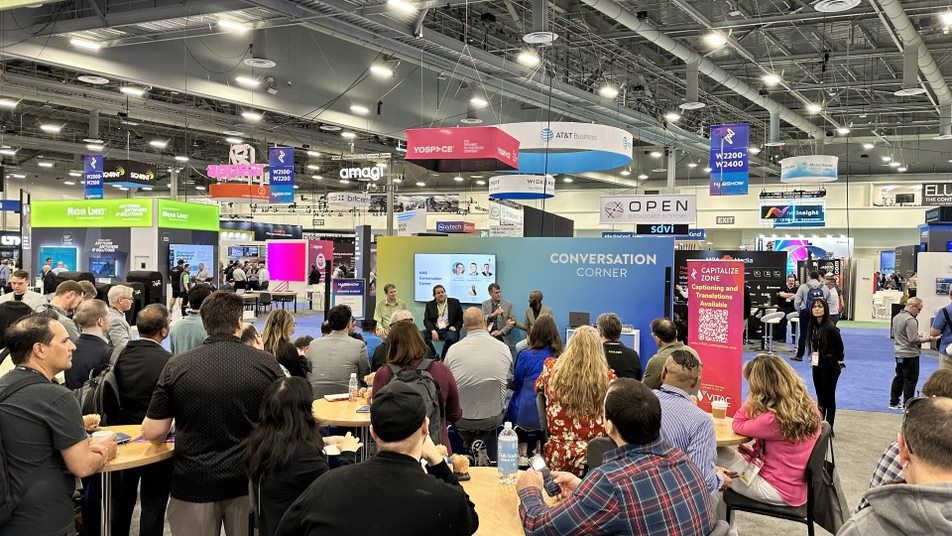Let’s talk about captions and accommodations.
For millions of Americans, captions are an important piece of technology – and an important piece of everyday life – that enables them to better access, enjoy, and understand audio and video content.
They have become central to media consumption in the United States, whether it be via traditional broadcasts, streaming videos, or social media channels, and they continue to grow across all platforms. From the conference room to the classroom to the living room, captions make information attainable and retainable for the tens of millions of people in the deaf and hard-of-hearing community as well as those who simply choose captions over sound.
Captions are no longer considered an “add-on” item – a “luxury,” if you will. Instead, they are an expected and accepted part of society, not unlike access ramps or sidewalk curb cuts for wheelchair users.
And that’s why it was surprising, frustrating, and concerning last week when the use of captions during an interview with Pennsylvania Lt. Gov. John Fetterman, a candidate for U.S. Senate, took center stage.
Reasonable Request for a Reasonable Accommodation
Fetterman experienced a stroke in May. According to the Centers for Disease Control and Prevention, each year more than 795,000 people in the United States have a stroke, and roughly 610,000 of these are first or new strokes. Five months later, Fetterman says he still struggles to process the words that he hears, a commonly observed problem for stroke survivors.
Accordingly, Fetterman requested that captions be available to him during a televised sit-down interview earlier this month to discuss his campaign and address some of the common issues that linger from his stroke related to language and auditory processing.
A reasonable request for a reasonable accommodation. However, it was disappointing that attention, both by media members and political pundits, was directed toward those accommodations.
Another Tool
Captions and the need for reasonable accommodations as outlined by the Americans with Disabilities Act are not and should not be a political issue.
A reasonable accommodation is a modification or adjustment to a job, a work environment, or the way things are usually done to enable a qualified individual with a disability to have an equal opportunity. In work settings – an office, a warehouse, a campaign interview – this could include screen reading software for computers, modified equipment controls, or captions for audio and video materials.
Like a news anchor wearing glasses to read a script, a person using a cane to walk, or an elected official needing a chair to sit on during a debate, the use of captions in the interview simply was a tool needed for the candidate to successfully do his job.
‘Riddled with Ableism’
Many disability advocates and those in the disability community voiced their concerns following the interview which they say was overly concerned with the live captions Fetterman requested. They argued that the interview leaned too heavily on Fetterman’s condition and whether he was up to the job.
“I was stunned to see how the coverage of his use of captions was so riddled with ableism,” Maria Town, the president and CEO of the American Association of People with Disabilities, told BuzzFeed News. “The interview was deeply upsetting to see.”
The National Disability Rights Network tweeted after the interview that “Millions of Americans rely on closed captioning and other reasonable accommodations to communicate and do their jobs effectively. The framing used here harmfully suggests someone should be judged on their ability to communicate when those accommodations are taken away.”

Eric Buehlmann, deputy executive director for public policy at the National Disability Rights Network, told BuzzFeed News that he watched the interview having himself suffered a traumatic brain injury.
“As the discussion was occurring in the interview the other day, I’m like, yeah, this happens to people and people deal with this, and this is a reality of life for a number of people,” Buehlmann said. “So, it shouldn’t be used as a stigmatizing tool, or something that needs to, quote-unquote, disqualify someone from being a senator.”
Speaking of Captions
According to the World Report on Hearing, 20% of the worldwide population is affected by some form of hearing loss. And captions are more popular than ever, especially among younger generations. In a recent survey, Generation Z was shown to watch videos with captions 70% of the time, while Millennials were shown to watch videos with captions 53% of the time. Additionally, more than 80% of Netflix users watch subtitles.
The fact that a story of an individual requesting captions to help him in his job made national headlines, however, shows that we still have some ground to cover in normalizing captions and accessible services for all.
But the silver lining in this is that Fetterman’s request – and some of the reactions to that request – opened new conversations on captions and accessibility and spurred discussions on supporting workplace accommodations and inclusion. And honest, engaged discussion is never a bad thing as it often leads to new ideas, fresh ways thinking, and a better understanding of the issues.
So, yeah, let’s talk about captions and accommodations.




